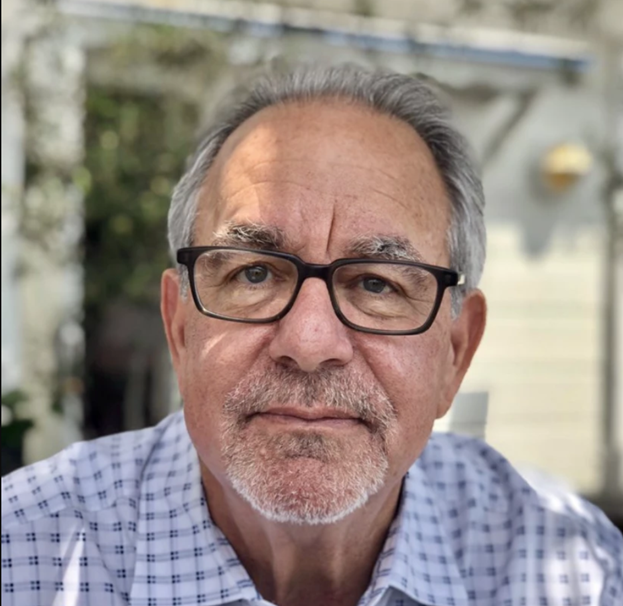How Do You Know It Is Time for an Intervention?
Determining if someone close to you requires assistance with an issue related to substance or alcohol use might be challenging and perplexing. It’s typically very distressing to see a loved one battle with substance issues, and the anxiety over potentially making a mistake that could hinder their path to recovery is common. This article will cover major signs that it’s time to seek help, essential inquiries to consider while figuring out the next steps, and optimal strategies for locating support for substance abuse interventions.
How to Know It’s Time For Help
Addiction is a tricky disease.It’s often moralized and criticized in society. The true nature of addiction as a disease is remarkably misunderstood.When people think of someone with a drug or alcohol use disorder, they often think of that person judgmentally, blaming them for allowing their life to spiral out of control.
However, the truth is much more nuanced. Many people struggling with alcohol and/or drugs look and behave just like everyone else.They’re soccer moms and CEOs and your mild-mannered coworker.Addiction comes in many different forms and affects people in many ways.
Is the Substance Use Disorder “Unmanageable?”
So, how do you know that your loved one’s substance use requiresan intervention?Often, addiction is characterized by unmanageability.“Unmanageability“is the inability of somebody to control or moderate their substance use in their life. Unmanageability can sneak up on someone gradually, and they can go from functioning normally in life, in spite of the drug abuse, to becoming mentally and physically dependent on their drug of choice.
How to Recognize Unmanageability In Your Loved One’s Life
Most of those who struggle with addiction never see themselves as addicted until the unmanageability took over.Some describe it like a frog in a pot of water on a stove: as the temperature slowly and gradually increases, the frog acclimates to the temperature until it’s too late to escape.The same is true of addiction.Substance dependent people tend to make small allowances and excuses for their slowly increasingaddictive behaviors until their life is terribly impacted by the constant craving for more of their drug of choice.
Questions to ask when contemplating an intervention for your loved one:
- Have they moved the goalpost for what they’d consider “acceptable” amounts of drug or alcohol use in their life?
- Are the possible negative consequences of drinking or drugs starting to pile up (missing work or school, financial difficulties, worsening health, irritability, sleeping too much or too little)?
- Are they giving up things they used to enjoy or avoiding people they care about because they’re prioritizing their substance use?
- Have they had a perceptible behavior, mood, or environment change that could indicate a substance abuse problem?
Realistically, the answer to some of these might be “no,” but you still feel like something is off, and an intervention may be useful or beneficial anyway.Sometimes, a person can be heading in the wrong direction and choose to change course before things become unmanageable.Not everyone has to reach rock bottom before making a change.Additionally, many signs of early or even advanced addiction are invisible to others.
Seeking help if you suspect a problem is always a good idea.Even if you don’t end up holding a full-blown intervention, speaking to a substance abuse professional can give insight into how best to navigate the situation with your family or friend member.
How to Get Help for Drugs and Alcohol
If you feel likeyour loved one’s substance use is becoming unmanageable, you can reach out for support or substance use intervention at any time.There are trained specialists who can do a professional substance abuse assessment and recommend a course of treatment to meet your loved one’s needs and schedule.
You can start by visiting The Substance Abuse and Mental Health Association (SAMHSA) Treatment Locator, which is a directory that has a helpline that is staffed 24/7. That line can be reached by calling 1-800-662-HELP (4357).
If you’re in California, you can contact Confidential Recovery at (619) 452–1200 or by visiting https://www.confidentialrecovery.com/.
There are also 12-StepAlcoholics Anonymous or Narcotics Anonymous groups in all U.S. states and most countries if your loved one decides they would prefer a more community-based approach to recovery.Many addiction professionals will encourage a mixture of treatment and 12-Step programsupport.
Conclusion
If you’re worried about someone you care about, reach out today.Addiction is a chronic, lifelong, and progressive disease, but thankfully the symptoms can be managed with sobriety and support.
About the Author
Scott H. Silverman is a high-profile expert on addiction and recovery, making frequent public and media appearances for the last 40 years. He is the author of The Opioid Epidemic, and the founder and CEO of Confidential Recovery, a San Diego substance abuse treatment center specializing in helping Veterans and First Responders get and stay sober.



